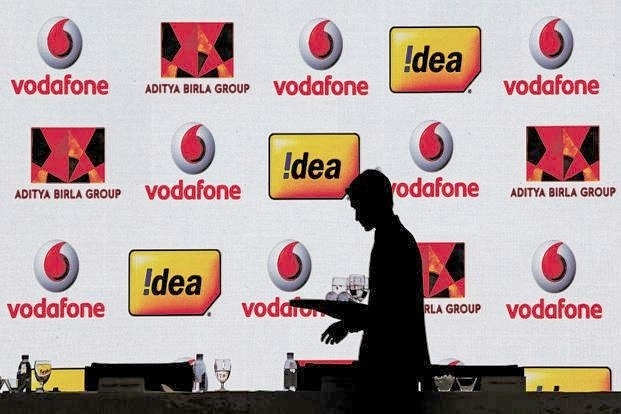
Vodafone, Idea Cellular Inch Closer To Merger, Pay Rs 7,268 Crore Spectrum Charges Before Final DoT Approval
In a step towards cementing their merger, Idea Cellular and Vodafone India have together paid Rs 7,268 crore towards spectrum charges, which are now being processed at the DoT.
The Rs 3,926-crore paid by Vodafone pertains to the entry fee and the auction-determined price of the start-up spectrum of 4.4 MHz; this needs to be paid when any company goes for a merger and acquisition (M&A). Idea’s Rs 3,322-crore dues are the one-time spectrum charges for spectrum held beyond 4.4 MHz.
According to a report, Idea Cellular had earlier obtained a stay order from courts on paying this, but the M&A guidelines state that, in the event of a judicial intervention, companies will have to furnish a bank guarantee of the said amount. Earlier this month, the DoT had granted a conditional approval to the long-pending merger asking for the requisite payment. So that there is no further delay in the merger, the companies have decided to first pay and then contest the payment in the court.
Once merged, the $23-billion entity will be the country’s largest telecom operator with total revenue at more than Rs 80,000 crore, 437 million customers, 35 per cent subscriber market share and 39 per cent revenue market share.
The two would also remove overlapping sites which would result in annual savings of around Rs 2,000 crore.
The merger will be the relief factor for both companies, battered as they were by Reliance Jio Infocomm’s aggressive entry into India’s telecom market. The merged entity will be called Vodafone Idea Ltd, as reported here.
Vodafone will own 45.1 per cent in Vodafone Idea Ltd; Aditya Birla Group 26 per cent and Idea shareholders 28.9 per cent. If Vodafone and the Aditya Birla Group’s shareholdings in the combined company are not equal after four years, Vodafone will sell its shares of the combined company to equalise its shareholding to that of the Aditya Birla Group over the following five-year period.
Business Standard had reported in June, that the delay in merger was causing debt to mount along with losses in revenue and market share in a hyper-competitive market place.
The combined entity has a debt of just under $17 billion and is highly leveraged with a net debt to operating profit at over eight times.